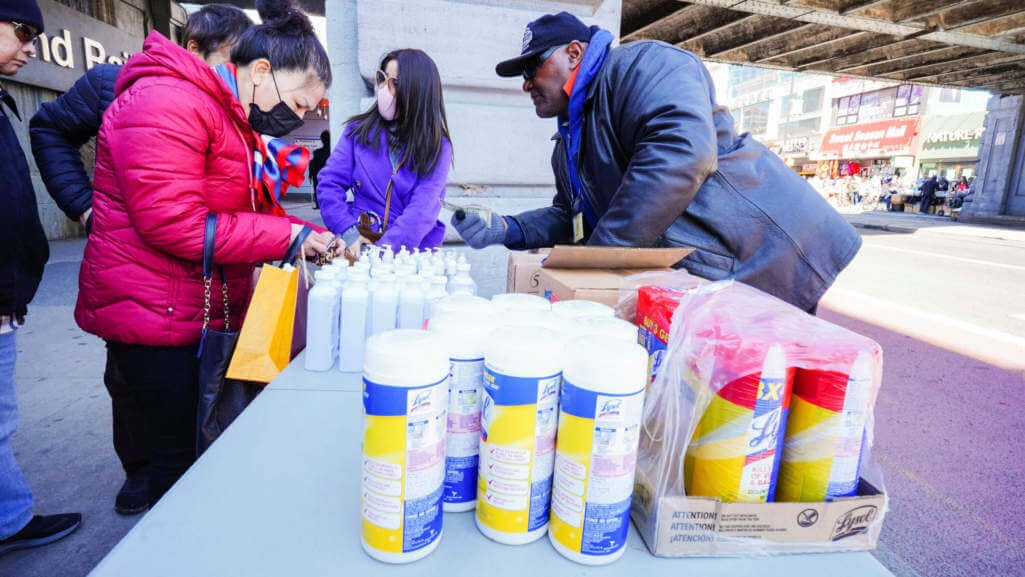“I will probably never forget February 27,” Bo Eriksen told a reporter from the Norwegian radio NRK on Friday. On this day, the first cases of COVID-19 diseases in Denmark, Sweden, and Norway became publicly known. “And everything exploded there. The Scandinavian phones never stopped working, ”said the head of KiiltoClean. In the 14 years, I have been working there, he has never experienced anything like it. “And I was already there at the swine flu 2009.” The difference: “Now the demand is greater and also the panic.”
KilltoClean produces professional hygiene products, for example under the Antibac brand, and is the main supplier of hand disinfectants for the Scandinavian health sector. In a factory in Assens on the Danish island of Fyn, 90 employees now produce a quarter of a million liters of hand disinfectant every week.
The demand is three to four times as high. But nothing more is possible. Despite the introduction of night and weekend shifts, the company is at the capacity limit. The warehouse, which was filled overnight, is empty again as soon as the trucks have picked up the deliveries in the morning.
Production quadrupled within two weeks
Before February 27, production was around 60,000 liters per week. This also included private customers. It’s over. Now the entire production goes to hospitals and pharmacies. “We have to say no to all other inquiries,” says Eriksen. Even if it is hospitals outside of Northern Europe that want to order. “We are committed to serving the Scandinavian countries first. All exports to other regions had to be stopped ”, the company is already trying to“ distribute the funds as fairly as possible between the Nordic countries
That was a deliberate decision: if international demand had been served, prices would have increased significantly. “But we think long-term and want to be able to look our traditional customers in the eye when this is over,” says the KiiltoClean boss. Now only calculate the additional costs that shift operation causes and the growing cost of supplying raw materials.
Bottleneck in packaging
Ethanol is not the big problem that is now being bought up all over Europe to keep production going. It is more difficult to get packaging and consumables such as bottles, pumps and shipping boxes: “”Most of it was and is produced in China.” But that was not a reason to be worried: “Of course we also have a plan B and a Plan C. But we cannot guarantee anything. ”
Nevertheless: A general visit ban was imposed on the factory in Assens – to minimize the risk of infection for the workforce as much as possible, but also for safety reasons. The police have increased security at the production site. That was not a wish of the company, but a decision of the Danish security police PET quotes NRK Bo Eriksen.
Given the current situation, she believes that ensuring the undisturbed production of the factory is so relevant to society as a whole that they have decided to take this measure.












